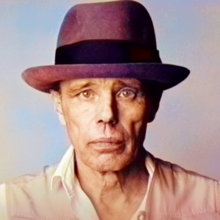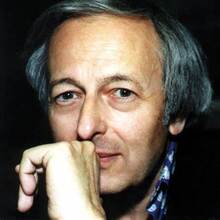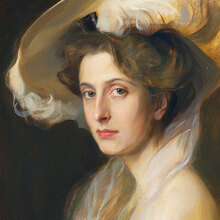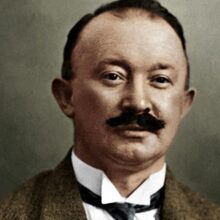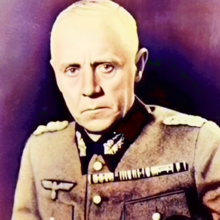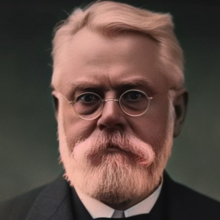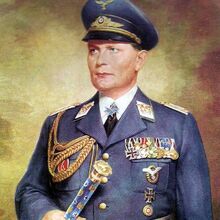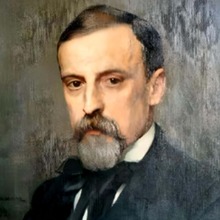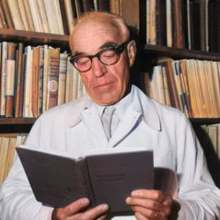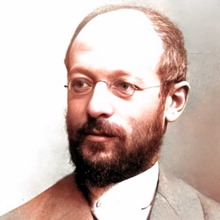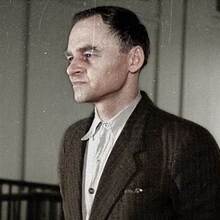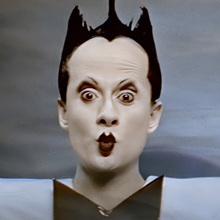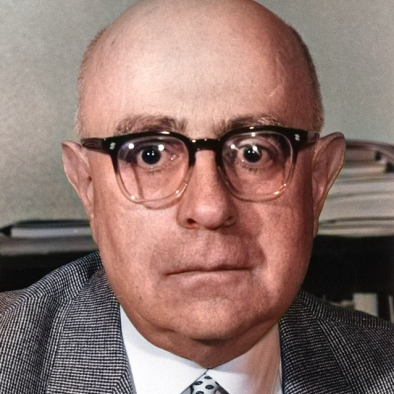
Personal
Other names:
Theodor Ludwig Wiesengrund-Adorno
Job / Known for:
philosopher, sociologist, and music critic
Left traces:
critical theory, negative dialectics
Born
Date:
1903-09-11
Location:
DE
Frankfurt, Germany
Died
Date:
1969-08-06 (aged 66)
Resting place:
CH
Death Cause:
heart attack
Family
Spouse:
Gretel Karplus (1937-1969)
Children:
Parent(s):
Oscar Alexander Wiesengrund and Maria Calvelli-Adorno della Piana
QR Code:
Show More
Rank
Users ranking to :
Thanks, you rate star
Ranking
5.0
1
About me / Bio:
Show More
Article for Theodor W. Adorno
Died profile like Theodor W. Adorno
Comments:

